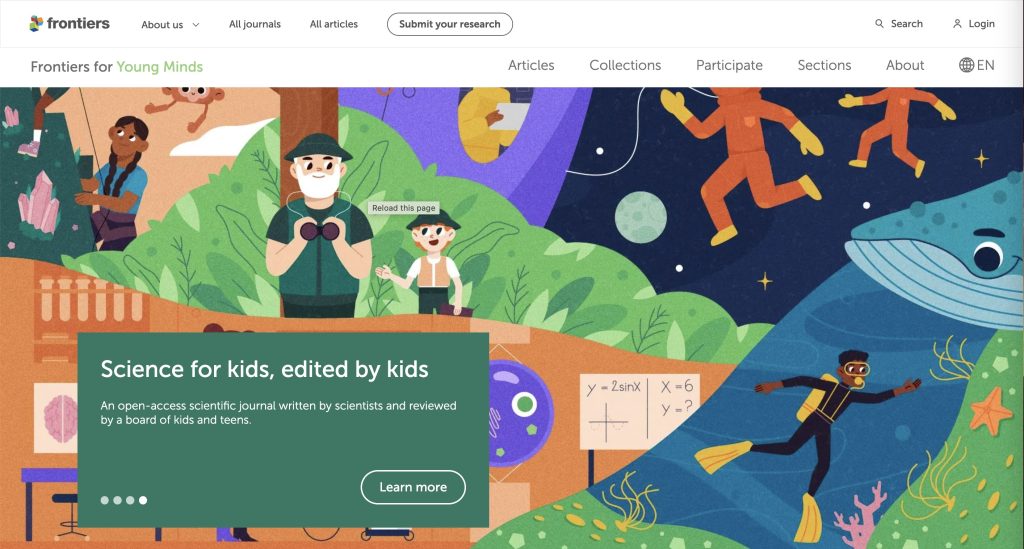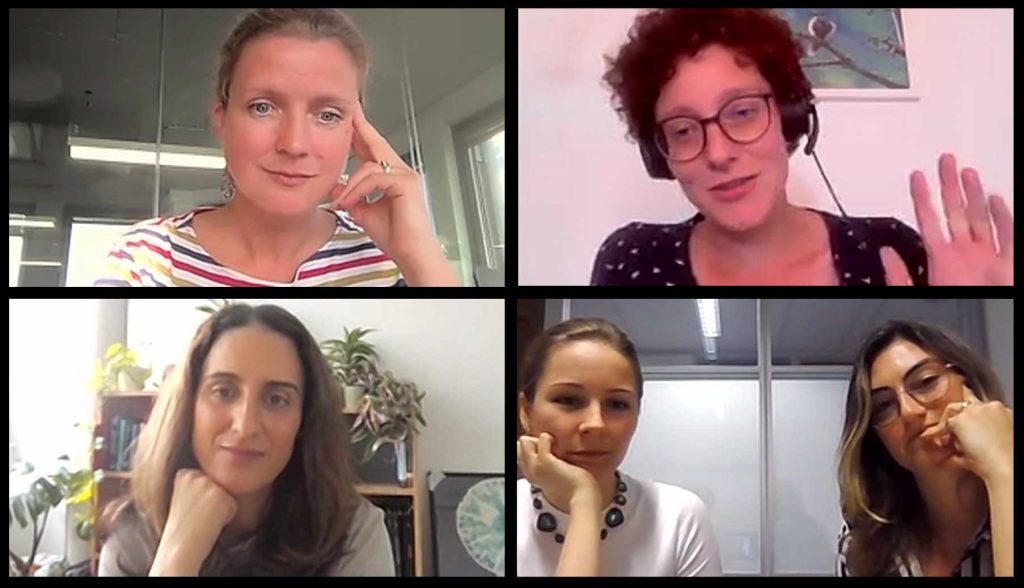Open Education Global’s CCCOER launched the 4th year of the Open for Antiracism (OFAR) Program. OFAR supports Antiracist Classrooms in California’s Community Colleges and has been awarded $998,000 for Years 4 and 5.
Open Education Global (OE Global) is excited to announce that the Community College Consortium for OER (CCCOER) has begun the fourth year of a program that combats embedded racism and bias in teaching institutions. The program foregrounds explicit and implicit antiracist teaching practices and explores different methods and approaches for faculty at California Community Colleges to consider and implement.
The Open for Anti-Racism (OFAR) program is a year-long intervention that guides faculty as they discover and use Open Educational Resources (OER) and open pedagogy as tools for implementing antiracist teaching practices and creating teaching materials. It begins with a 6-week online course where faculty learn about antiracism, OER, and open pedagogy and produce an action plan to implement antiracist pedagogy with their students the following semester.
The program was envisioned in the summer of 2020 on the premise that faculty wanted to transform their classrooms to be antiracist but needed training and tools and that OER and open pedagogy could provide those tools. Over the past three years, the OFAR program has worked with over 150 faculty at nearly 40 colleges, impacting over 4,000 California Community College System students.
OFAR participant David Chávez Méndez, Ph.D. (he/him), History and Ethnic Studies Instructor at Compton College, explained that “OFAR has allowed me to see how anti-racist pedagogy is essential in supporting students by having accessible and affirming curriculum, course design, and approaches in the classroom. It has made me rethink and redesign my courses and continue to center my objectives around anti-racist frameworks. Finally, it has inspired me to serve on our institutional OER committee to start building our campus capacity to support anti-racist OER adoption.”
Institutional support and the impact of antiracist teaching have been enhanced by moving to a college team model. Previous participants are tapped as advisors for new, larger cohorts, enabling the program to expand and extend leadership opportunities. Faculty use of OER continues to increase, and administrators are supporting participating teams so that they can share their learnings.
In the third-year assessment, 96% of participants stated that Open Pedagogy had positively impacted their teaching practices. The participants reported that the most effective strategy was incorporating student voices to bring in non-mainstream perspectives and points of view.
“We were excited to see that faculty confidence in discussing and implementing antiracist strategies with their students grew over 50% and is a skill they can take forward,” explained Una Daly
As an openly licensed curriculum, the project is poised to influence any individuals or institutions who wish to download and adopt OFAR’s freely available materials. Multiple institutions have adapted the curriculum to implement antiracist teaching practices in their systems.
California has the largest community college system in the United States, serving 1.9 million students at 116 colleges. 69% of California Community Colleges students are people from diverse ethnic backgrounds, and 47% of students do not pay fees. 29% of University of California and 51% of California State University graduates started at a California community college.
OFAR is led by the Community College Consortium for Open Education Resources (CCCOER) at Open Education Global and the College of the Canyons, with generous funding from the William and Flora Hewlett Foundation.


